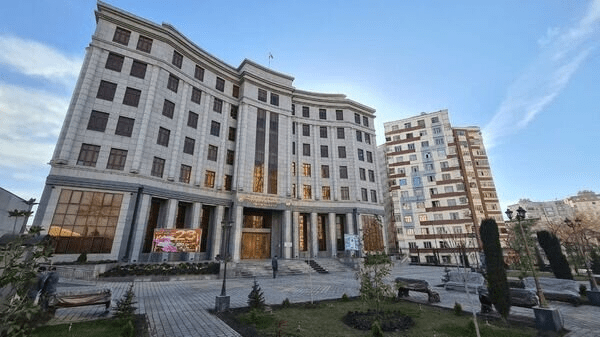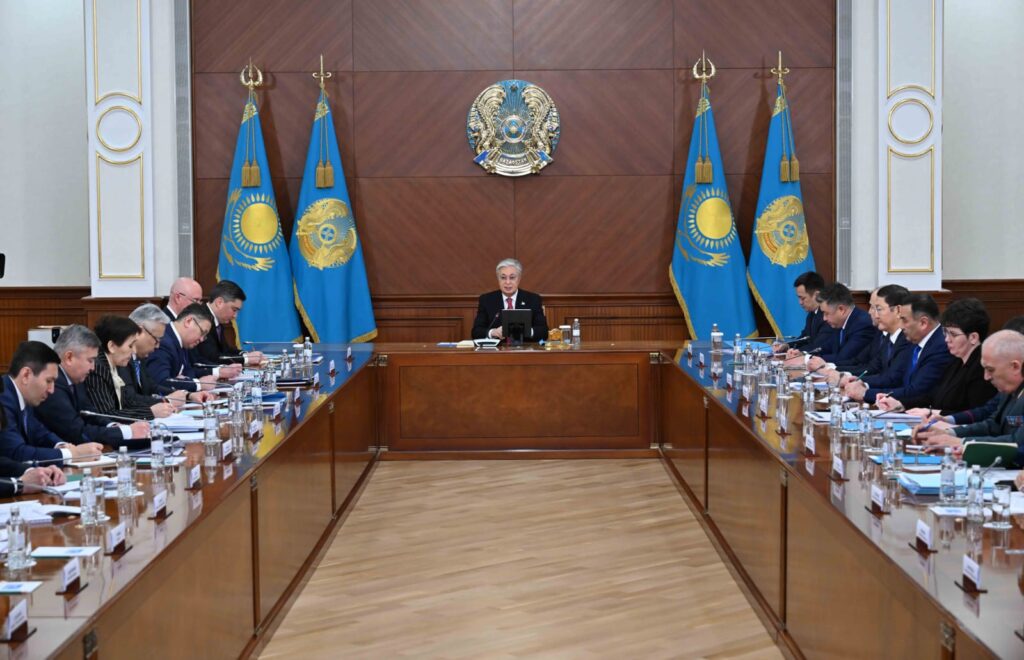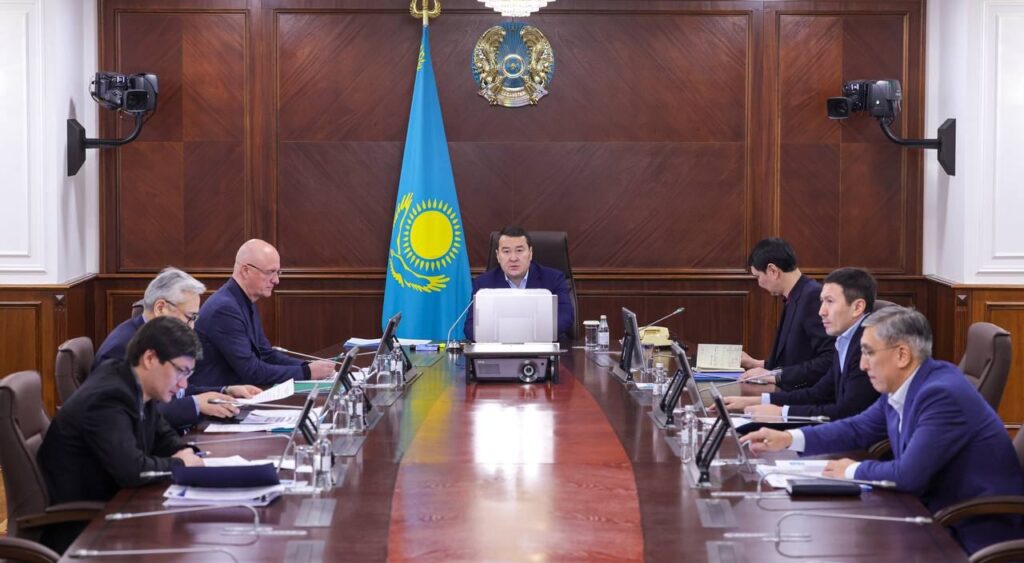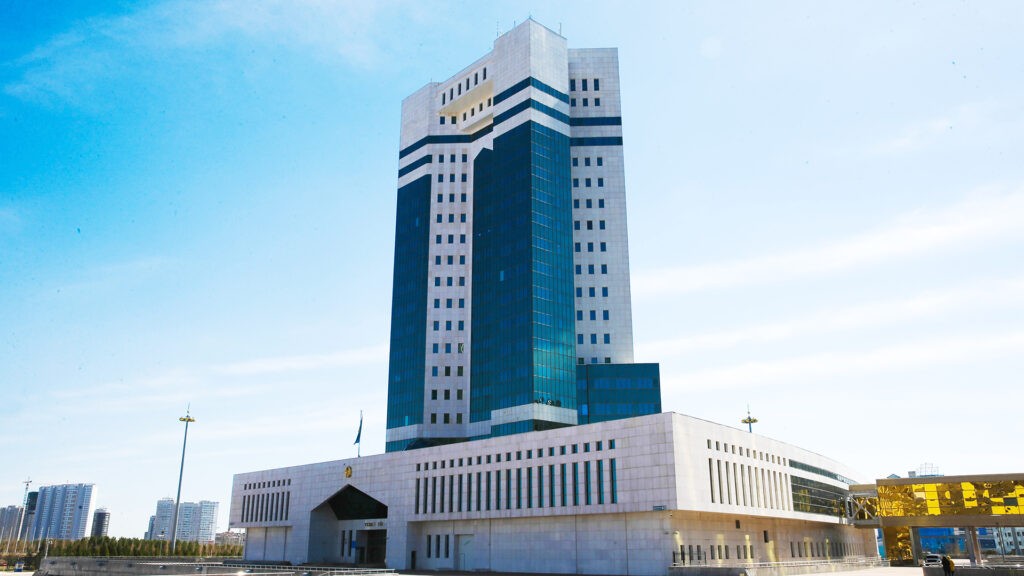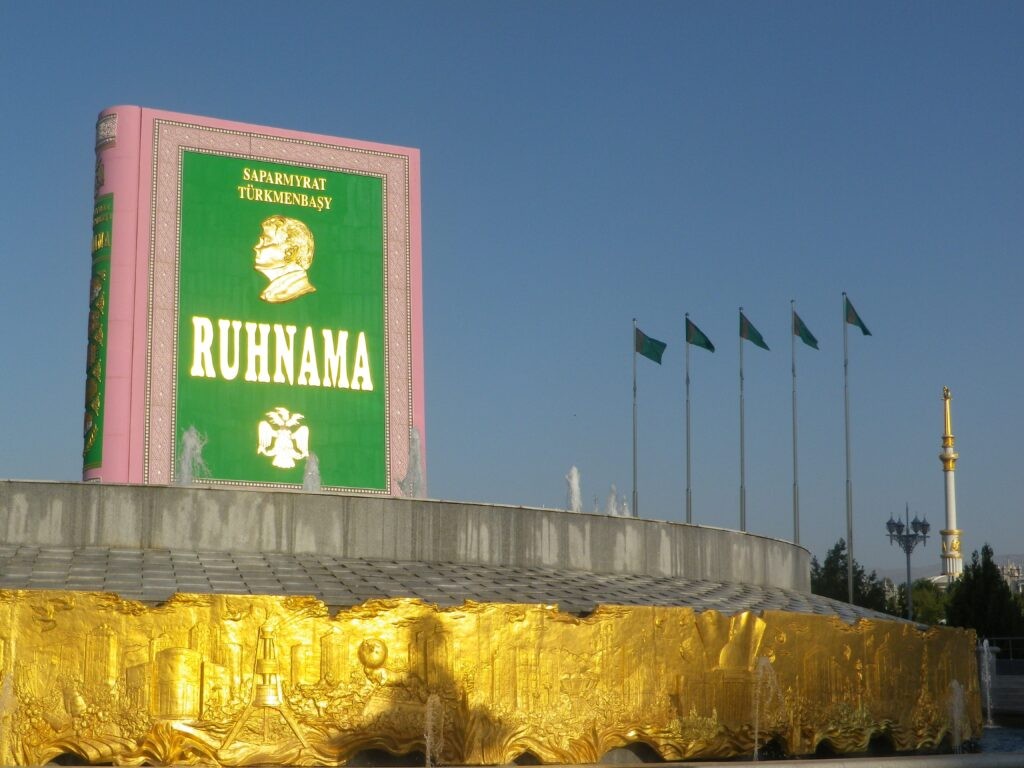Following a tumultuous week, just a day after appointing a new prime minister, Kazakhstan’s President Kassym-Jomart Tokayev chaired an extended government meeting on February 7th. The meeting was attended by ministers, including the new Prime Minister, Olzhas Bektenov, the chairman of the National Bank, governors of Kazakhstan’s regions, and the mayors of the country’s three largest cities of Astana, Almaty, and Shymkent. Tokayev reported that last year the economy grew by 5.1%, but stressed that there is still work to be done. “We need a new impetus for the government's activities. It has a clear target — to increase the economy to $450bn by 2029. To achieve this goal, the country's GDP must grow by at least 6% annually. At the same time, it is important that macroeconomic indicators ensure rapid growth in the real incomes of our citizens,” the President said. Tokayev spoke of the need to make budget and tax policies function better. The problem, the President said, is the way budget funds are allocated, which is not currently aimed at stimulating economic activity. He added that budget funds are spent on day-to-day tasks, while larger strategic goals fade into the background. “The government will have to define clear spending priorities with an emphasis on obtaining maximum economic returns,” he said. The President stated that a new Tax Code is currently being drafted, which will aim to provide a balance between creating a good investment environment and maintaining the required level of budget revenues. Tokayev also pointed out that the share of investment in fixed capital is declining, stating that “it is necessary to significantly increase the influx of external and internal investment. This is a key task for the newly-established Investment Headquarters.” According to his speech, another source of funds should be the return of illegally withdrawn assets, which could be used to implement important projects. At the same time, Tokayev warned against going too far: “Arbitrariness on the part of law enforcement agencies is unacceptable. There will be a harsh reaction on my part to every such signal. This work is of great importance from the point of view of ensuring social justice, so no one is allowed to discredit it,” he said. Another priority task is the development of the agro-industrial sector, and the rational use of water resources. “The problems that hinder the development of the agro-industrial sector are well known, the most acute of which is chronic underfunding. Lack of investment leads to wear and tear of agricultural machinery, low yields, and low labor productivity. Therefore, it is necessary to maximize, if possible double, the financing of agriculture, attracting not only budget money, but also funds from other sources, including second-tier banks.” The government resigned en masse on Monday; changes had been expected by inside observers, as prior to the resignation, Tokayev had increasingly expressed his dissatisfaction with progress in addressing socioeconomic issues, and with stagnation in general. Over the past two years, Tokayev has implemented sweeping reforms aimed at democratizing the country...
